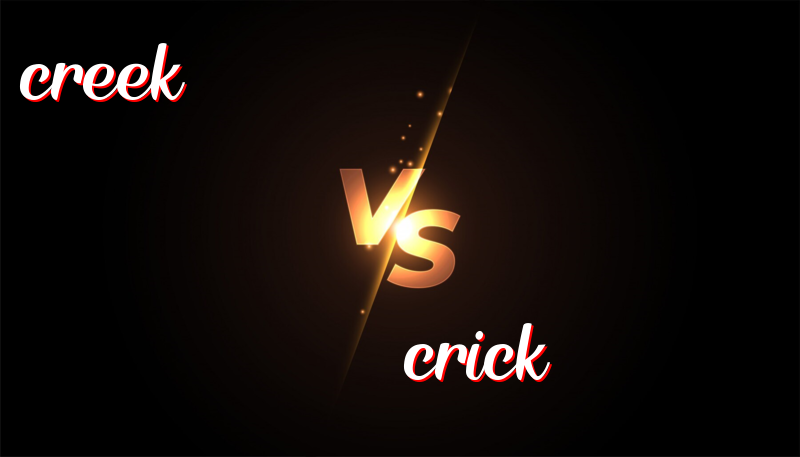Differentiating Creek and Crick: Understanding Usage, Origins, and Memory Aids
Understanding the Difference Between “Creek” and “Crick”
Many people wonder about the words “creek” and “crick.” They sound alike but have different meanings and uses. Let’s explore their history and learn how to use them. We will also find a trick to remember the difference.
History of “Creek” and “Crick”
“Creek” is an old English word. It means a small stream or a little river. It comes from the Old Norse word “kriki.” People have used “creek” for many years to talk about water in nature.
“Crick” is a newer word. It means a small pain or stiffness in your neck or back. It is less clear where “crick” came from, but people started using it in the 19th century.
How to Use “Creek” and “Crick”
Using “Creek”
- The children played by the creek.
- The creek flows through the forest.
- We crossed the creek by stepping on stones.
- The water in the creek was very clear.
- He likes to fish in the creek on weekends.
Using “Crick”
- Mom has a crick in her neck from sleeping wrong.
- After working hard, I felt a crick in my back.
- He turned his head too fast and got a crick.
- The long car ride gave her a crick in her neck.
- Stretching can help you get rid of a crick.
Trick to Remember the Difference
A simple way to remember is to think of water and pain. If it’s about water, use “creek.” If it’s about pain or stiffness, use “crick.” Water for creek; crick for a neck or back.
Summary
A “creek” is related to water and nature, while “crick” is about a small pain or stiffness in the body. Remember, use “creek” when talking about streams and “crick” when discussing body discomfort.

Leave a Reply
You must be logged in to post a comment.